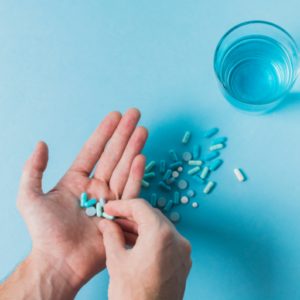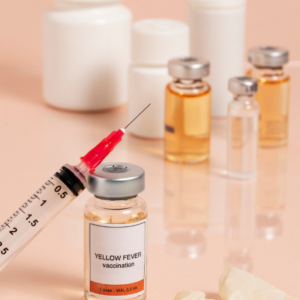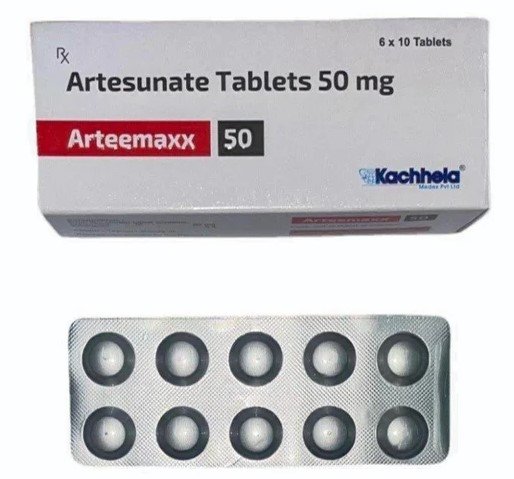Arteemaxx 50mg
| Package | Per tablet | Savings | Price |
|---|---|---|---|
| 180 tablets | $0.37 | $21.2 | $88.2 $67 |
| 150 tablets | $0.38 | $16.5 | $73.5 $57 |
| 120 tablets | $0.39 | $11.8 | $58.8 $47 |
| 90 tablets | $0.41 | $7.1 | $44.1 $37 |
| 60 tablets | $0.43 | $3.4 | $29.4 $26 |
| 30 tablets | $0.5 | – | $14.7 |
What is this medicine?
ARTEEMAXX 50 mg tablet contains artesunate, a semisynthetic derivative of artemisinin. It is a potent antimalarial used to treat uncomplicated Plasmodium falciparum malaria, often as part of artemisinin-based combination therapy (ACT) .
What should I tell my health care provider before I take this medicine?
They need to know if you have any of the following:
-
Allergy to artesunate, artemisinin, or any tablet ingredient.
-
Liver or kidney disease – limited data exists on safety .
-
Pregnancy—especially during the first trimester; benefits vs. risks should be assessed .
-
Breastfeeding – consult provider due to limited safety information .
-
Concurrent conditions like heart rhythm disorders—some ACTs can affect the QT interval .
-
Use of other antimalarials, CYP3A4-modifying drugs, or hormonal contraceptives—they may alter effectiveness or safety .
How should I use this medicine?
-
Dosage (adults/children): generally 50 mg once daily for 3–7 days, depending on treatment protocol .
-
Always take with food—especially a fatty meal—for optimal absorption .
-
Use only as part of a full treatment regimen (e.g., with lumefantrine) to prevent drug resistance .
-
Complete the full course, even if you feel better, to ensure parasite clearance .
-
Overdosage: uncommon but may cause nausea or dizziness—seek urgent medical attention .
-
Do not share this medicine.
What if I miss a dose?
-
Take as soon as possible unless it’s near the time for your next scheduled dose.
-
If it’s late, skip the missed dose and continue normally—do not double the dose .
What may interact with this medicine?
-
Artemisinin-based combination partners (e.g., lumefantrine) – essential for effective treatment .
-
CYP3A4 inhibitors or inducers (e.g., rifampin, St. John’s wort, grapefruit juice) – may change drug levels and effectiveness .
-
Hormonal contraceptives – effectiveness may be reduced; use backup methods .
-
QT‑prolonging drugs – concurrent use increases risk of heart rhythm issues .
Share a complete list of medications, supplements, and alcohol use with your provider.
What should I watch for while using this medicine?
-
Always use in combination therapy to avoid resistance .
-
Monitor liver and blood counts if treatment extends beyond usual duration .
-
Be alert for cardiac symptoms due to QT prolongation potential .
-
If pregnant, discuss ongoing malaria risk and suitable treatment regimens .
What side effects may I notice from this medicine?
Serious – report immediately:
-
Allergic reactions: rash, swelling, breathing difficulty
-
Signs of liver inflammation: dark urine, yellowing of eyes/skin
-
Heart rhythm changes in those on QT‑prolonging medications
Common mild side effects:
-
Nausea, vomiting, abdominal pain, loss of appetite
-
Headache, dizziness, muscle or joint pain, fatigue
-
Mild blood count changes (e.g., anemia)
Where should I keep my medicine?
-
Store at room temperature below 30 °C, protected from light and moisture .
-
Keep out of reach of children.
-
Discard any unused tablets after the expiry date.
























